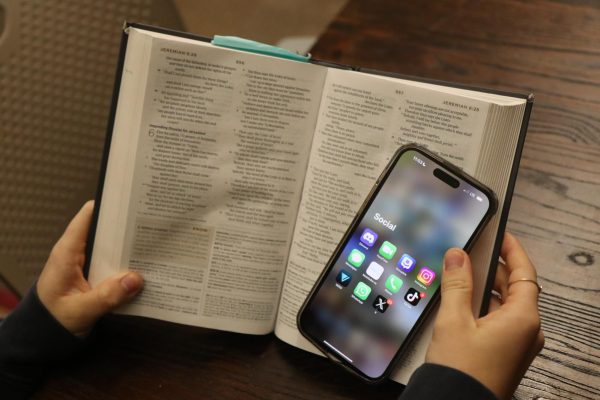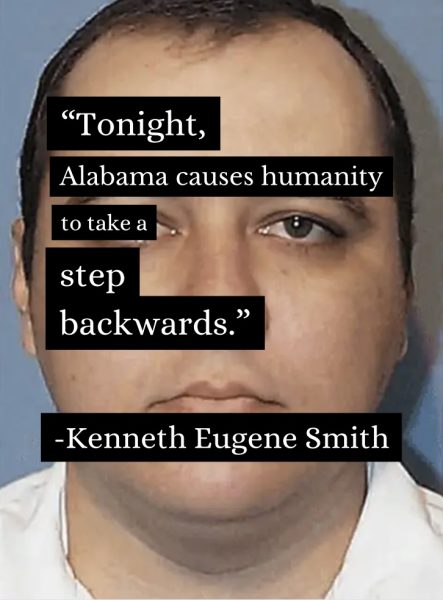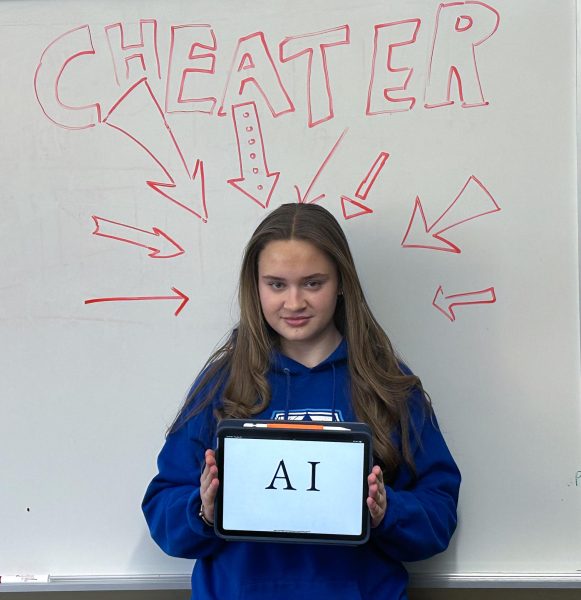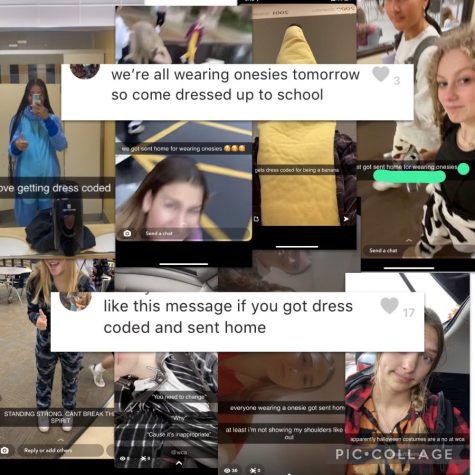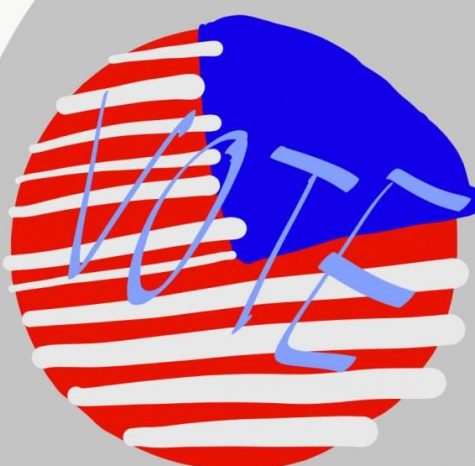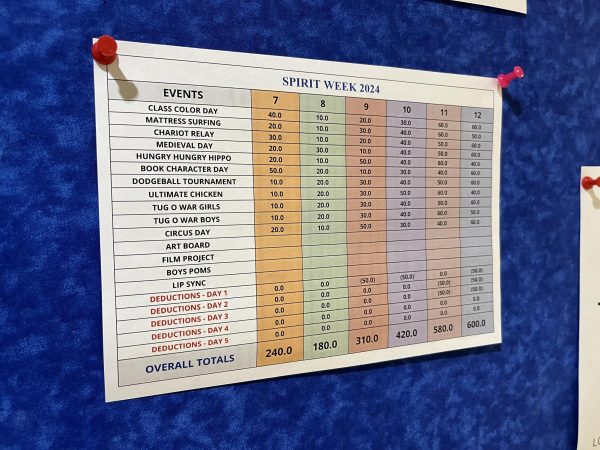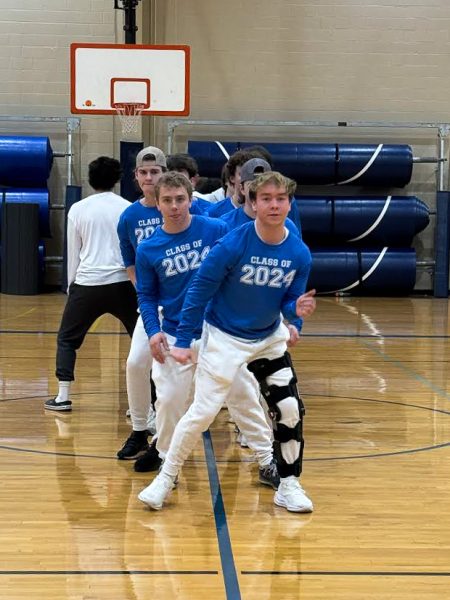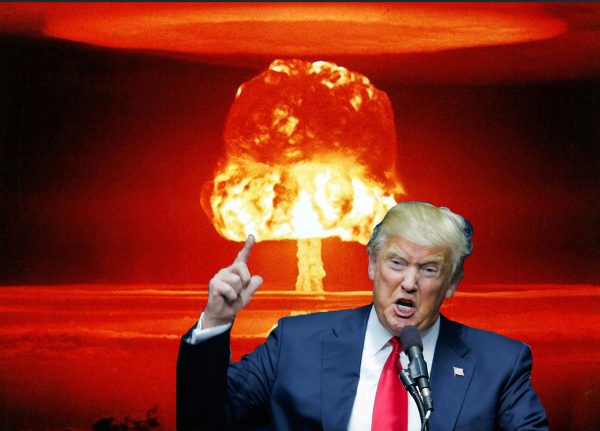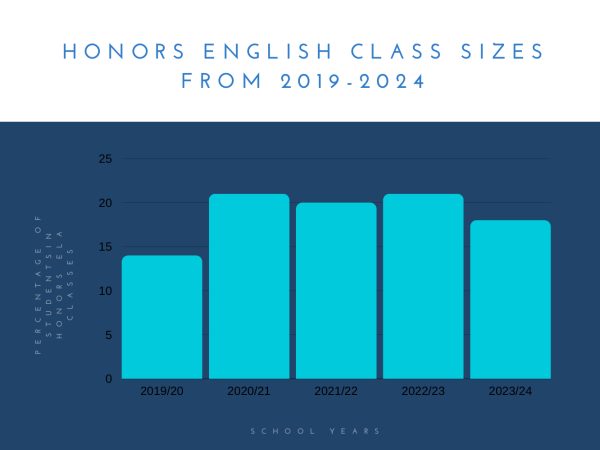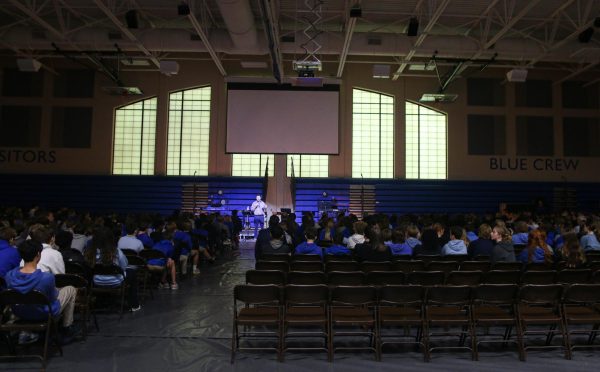Our Time. Our History.
The first African-American president. The Arab Spring. United States v. Windsor. Government shutdown. We have lived through each of these 21st century events, recognizing that some were revolutionary and innovative while others were downright horrifying. Though these occurrences may have been sandwiched between our normal, daily routines, it is imperative that we do not dismiss them as such. It is our responsibility to acknowledge these noteworthy events. Modern historians have already begun to chronicle these instances, and someday, our descendents will be learning about them in their history books. Perhaps, we will one day be approached by a grandchild, being asked to describe what it was like to live during such formidable times. If these events are important enough to be studied in the future, then we should at least be making a conscious effort to understand these incidents as we encounter them now. We are privileged to live in a country where we have the freedom of press, so we can easily access a plethora of news sources, receiving instant, accurate information on the affairs of the world.
In the past, the staff of The Roar has focused our attention on world affairs during the “Issue” Issue. In lieu of this, we have decided to dilute this heavy concentration of news throughout our publications. With each issue this year, we are striving to incorporate topics prevalent in today’s society. We’ve already covered a student’s experience in Egypt during the revolts, and in this issue, we have included a high schooler’s guide to the situation in Syria. Though the immediacy of news today can be helpful when keeping up-to-date on these events, sometimes the enormity of the information to absorb can be overwhelming. In our stories, we hope to present these issues in an easy-to-understand format.
However, we encourage our readers to make it a habit to keep up on the news. In America, we are privileged with the right to vote once we turn eighteen. Though a single vote may seem inconsequential, each one holds weight. You have the power to choose who the next president, senator, or representative will be. These leaders make choices that affect our political, economic, and social conditions. This, in turn, impacts America’s relationship with other countries. As it turns out, ignorance is not bliss, but rather, dangerous. Thus, being well-educated, well-informed voters will help us choose the best candidate for the enormous task at hand.
Additionally, we believe that keeping up on current events is paramount in our understanding of the world. In order to know what change to affect on the world, we must first recognize its needs. If we take history classes to understand how the world’s current situation was reached, it’s all the more advantageous for us to start unraveling the world’s current political climate. This paves the way for restoration.




